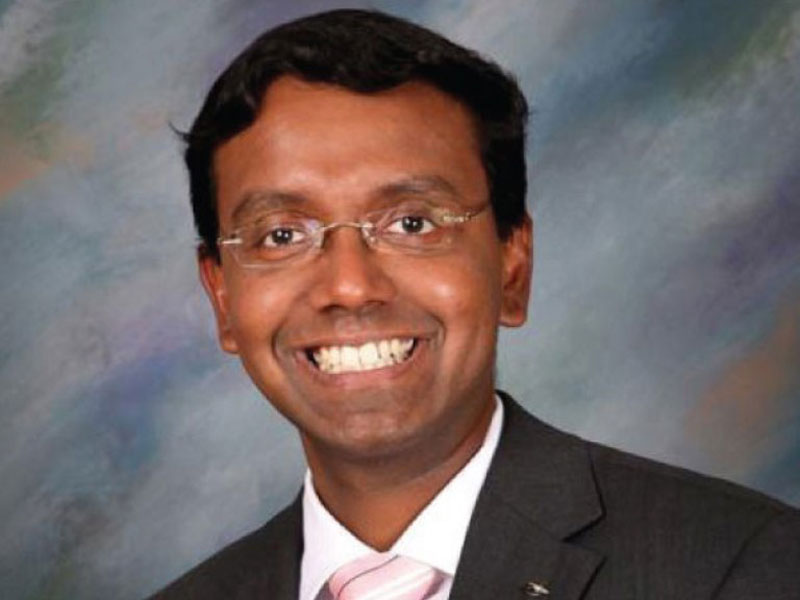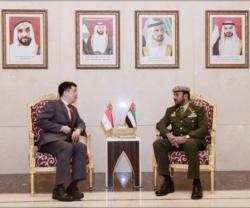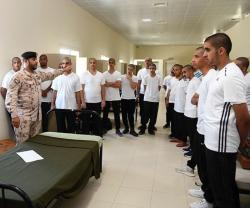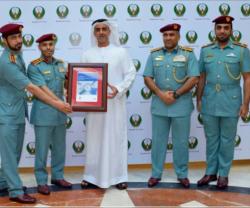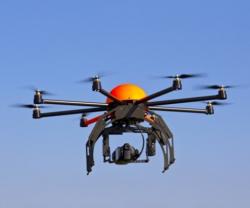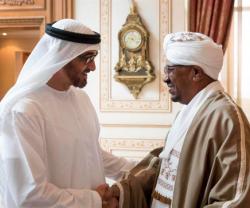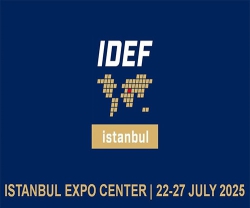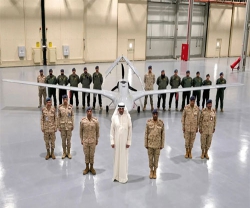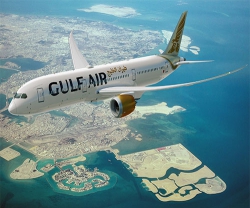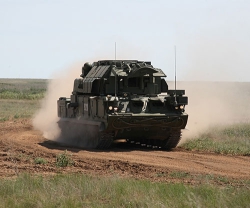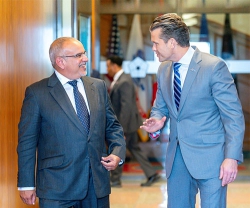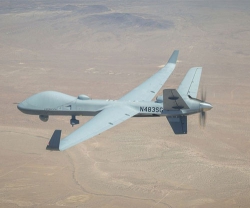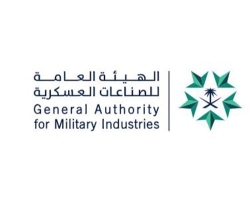Sikorsky aircraft plans to open a regional office in Abu Dhabi in the second half of 2015, the company announced at the International Defense Exhibition and Conferences (IDEX) which was held in the UAE capital last week (22-26 February).
Among the aircraft produced by Sikorsky are the M28 short take-off and landing airplane, the S-92 heavy lift helicopter, and the iconic Blackhawk helicopter, of which over 70 are already in use with the UAE’s armed forces.
“The UAE, the GCC countries, and many countries in the region have strategic objectives of modernization and security,” said Anand Stanley (photo), Sikorsky’s Vice-President and General Manager for the Middle East, Turkey and Africa.
“We at Sikorsky are committed to supporting our regional customers and are actively working to expand our presence and commitment to investment in the UAE, the GCC and the broader region,” he added.
Furthermore, Sikorsky will expand and complement the Advanced Military Maintenance, Repair and Overhaul Centre (AMMROC), a joint venture between Sikorsky, Mubadala Aerospace, and Lockheed Martin which serves as a dedicated repair and overhaul centre for military operators throughout South Asia, the Middle East and North Africa.
Stanley also announced the creation of Sikorsky Arabia, a new business unit based in Riyadh to supply and service military and commercial aircraft in Saudi Arabia. In total, Sikorsky has already delivered over 400 helicopters in the Middle East, with “dozens” more in the pipeline.
Bob Kokorda, Sikorsky’s Vice President of International Business, said that the new office would also help enhance cooperation between Sikorsky and its Middle Eastern customers.
“It’s about teaming. With that you get not only technology transfer, you get culture transfer. You get a better understanding of how to work together,” he said. “That cooperation is ultimately what builds success in the business.”
Kokorda added that, in addition to building better business relationships, the Abu Dhabi office will allow Sikorsky to better understand the unique operational needs of customers in the region.
“We understand the U.S. security requirements very well,” he said. “But we don’t always understand other country’s security requirements and it takes being very close to customers in order to do that.”
“The importance here in a region that has a great deal of instability and a lot of security needs is to have that deeper understanding of how we need to adapt our products and meet the needs of each one of these countries.”

